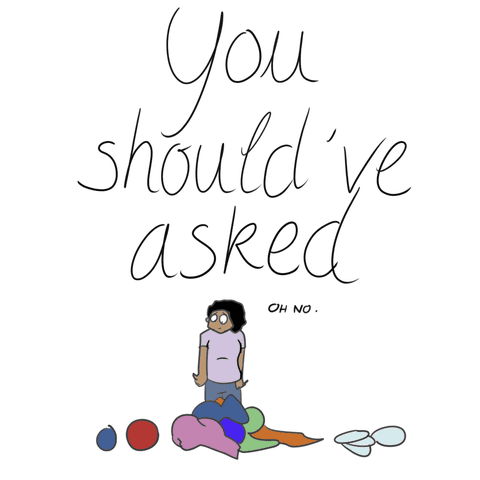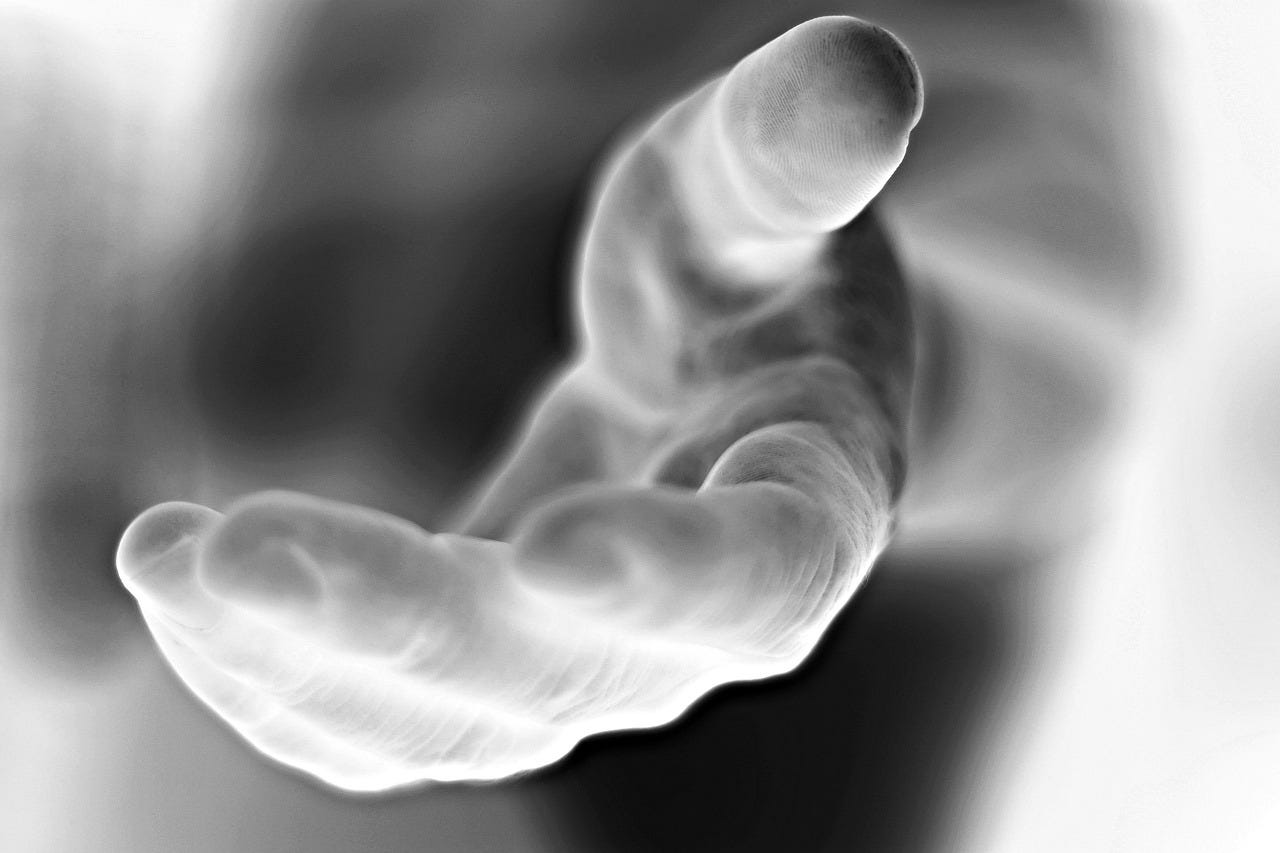Rethinking Help: Why We Must Talk More About Help-Giving and Help-Receiving
Shifting the burden to get help
Emphasis on help-seeking
Conversations around mental health support often emphasise help-seeking, encouraging those in distress to reach out. While this is well-intentioned, it places the burden of action on individuals who may be least capable of it. It's time to shift our focus. We need to deepen the dialogue around help-giving and help-receiving—two critical, yet under-discussed, components of effective support systems.
The Asymmetry of Clarity: Communities See What the Individual Cannot
When someone is in deep emotional pain, their ability to think and act is impaired. In contrast, friends, family, and colleagues, who are emotionally more stable in that moment, are in a better position to recognise warning signs and act. Expecting the person in distress to navigate the complex landscape of mental health services, decipher eligibility, or articulate their pain can be unrealistic. Sometimes, the person in distress may need guidance to even carry out basic self-care activities.
Why depression can make it hard to shower and maintain personal hygiene
Depression can make it difficult for a person to shower and maintain hygiene. Extreme tiredness and cognitive effects, such as brain fog and negative thinking, can pose a personal hygiene challenge.
…
Cognitive effects
Some cognitive effects of depression include brain fog, memory problems, and negative thinking. These can all make it harder to take care of oneself.
“It is particularly common to have negative thoughts about self-worth,” said Ballard. “The confusion and memory problems make it more difficult to harness whatever energy a person may have, so it is not unusual for an individual who is depressed to feel that showering is too difficult and not important.”
Motivation and self-worth may also play a role.
“Perhaps they feel as though they do not even deserve to take good care of themselves,” said Ballard.
“Basically, it can validate a negative self-image to feel gross and dirty, so summoning the energy to shower feels like a poor investment. Cleanliness just doesn’t tend to matter to someone who is deep in the throes of a depressive episode,” she explained.
https://www.medicalnewstoday.com/articles/cant-shower-depression#why-it-happens
In Despair, Help-Seeking Becomes Counterintuitive
In moments of profound despair, the very notion of seeking help can feel irrelevant or even impossible. The person may believe that escape or giving up is the only logical option. Motivation is at its lowest ebb, and the energy required to ask for help may simply not exist.
What Does Depression Feel Like?
From the outside, a person with depression might appear the same as usual to onlookers. But when a clinically depressed person looks in the mirror, they might see their own reflection and feel as if the person they used to be has disappeared and worry that their "former self," who could feel happiness, will never return.
Depression can feel like a black hole that sucks all the light from your soul. Memoirs about depression often use metaphors relating to darkness or a lack of sunshine/daylight in their titles (e.g., Darkness Visible, Shadows in the Sun, The Noonday Demon). People with depression describe feeling chronic emptiness like they're stuck in a hopeless abyss of nothingness or trapped in a cave of despair with no light at the end of the tunnel.
People going through a major depressive episode often feel as if they've been transported to a hellish place. Because clinical depression increases negative affect and reduces positive affect, it changes how someone sees the world. Through a depressed person's eyes, their negative affectivity can make everything seem hopeless and bleak.
https://www.verywellhealth.com/what-does-depression-feel-like-8426254
Social Support is a Bridge: Empowering the Community to Act
The most powerful interventions often come not from strangers, but from people already within the distressed individual’s circle of trust. A friend’s concern, a family member’s persistent check-in, or a colleague’s quiet encouragement can become the critical first step towards hope. When the community takes the initiative to give help, it opens the door for the distressed person to receive help, often before they are even able to ask.Social isolation and suicide risk: Literature review and perspectives
Background
Suicide is a major public health problem and a cause of premature mortality. With a view to prevention, a great deal of research has been devoted to the determinants of suicide, focusing mostly on individual risk factors, particularly depression. In addition to causes intrinsic to the individual, the social environment has also been widely studied, particularly social isolation. This paper examines the social dimension of suicide etiology through a review of the literature on the relationship between suicide and social isolation.
…Conclusions
Supported by proven theoretical foundations, mainly those developed by E. Durkheim and T. Joiner, a large majority of the articles included endorse the idea of a causal relationship between social isolation and suicide, and conversely, a protective effect of social support against suicide. Moreover, the association between suicide and social isolation is subject to variations related to age, gender, psychopathology, and specific circumstances. The social etiology of suicide has implications for intervention and future research.
Motillon-Toudic, C., Walter, M., Séguin, M., Carrier, J., Berrouiguet, S., & Lemey, C. (2022). Social isolation and suicide risk: Literature review and perspectives. European Psychiatry, 65(1). https://doi.org/10.1192/j.eurpsy.2022.2320
Conclusion: A Call for a Paradigm Shift
We need to expand the narrative. Help-seeking should not remain the only lens through which we understand suicide prevention and mental health support. More research is urgently needed into the behaviors, motivations, and barriers associated with help-giving and help-receiving. These are the human dynamics that can make the difference between life and death—especially when the person in pain cannot act alone.My Journey with Depression
It’s been a tough journey to recovery. I was clinically diagnosed with depression and generalised anxiety disorder in late 2017 to early 2018. I self-harm which on hindsight, stemmed from having been bullied in the past; being looked down on, insulted and abused. This also was triggered by the passing of some people whom I’m close to.
…
So how do I cope? For me, it is also important to do what I love to keep my mind off from the negative thoughts. You can try sports, hanging out with friends or family members, going for night walks with a friend, reading a book or listening to happy music.Even though I’m battling depression and anxiety disorder, I’m not giving up. If I can do it, so can others going through the same thing. I’ve always known that I’m not alone and I’ve friends around me to support me. They never gave up on me.
https://thetapestryproject.sg/my-journey-with-depression/






